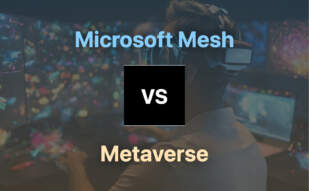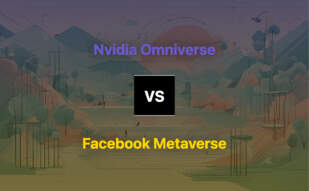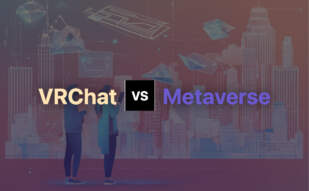When selecting between Microsoft Mesh and Meta’s Facebook Metaverse, contemplate your core needs. Microsoft Mesh excels if you need a functional 3D immersive platform for business collaborations backed by Azure’s robust cloud computing capacity. However, Facebook Metaverse is the optimal choice for creating virally engaging, socially-driven experiences, leveraged by an expansive universe of interconnected worlds.
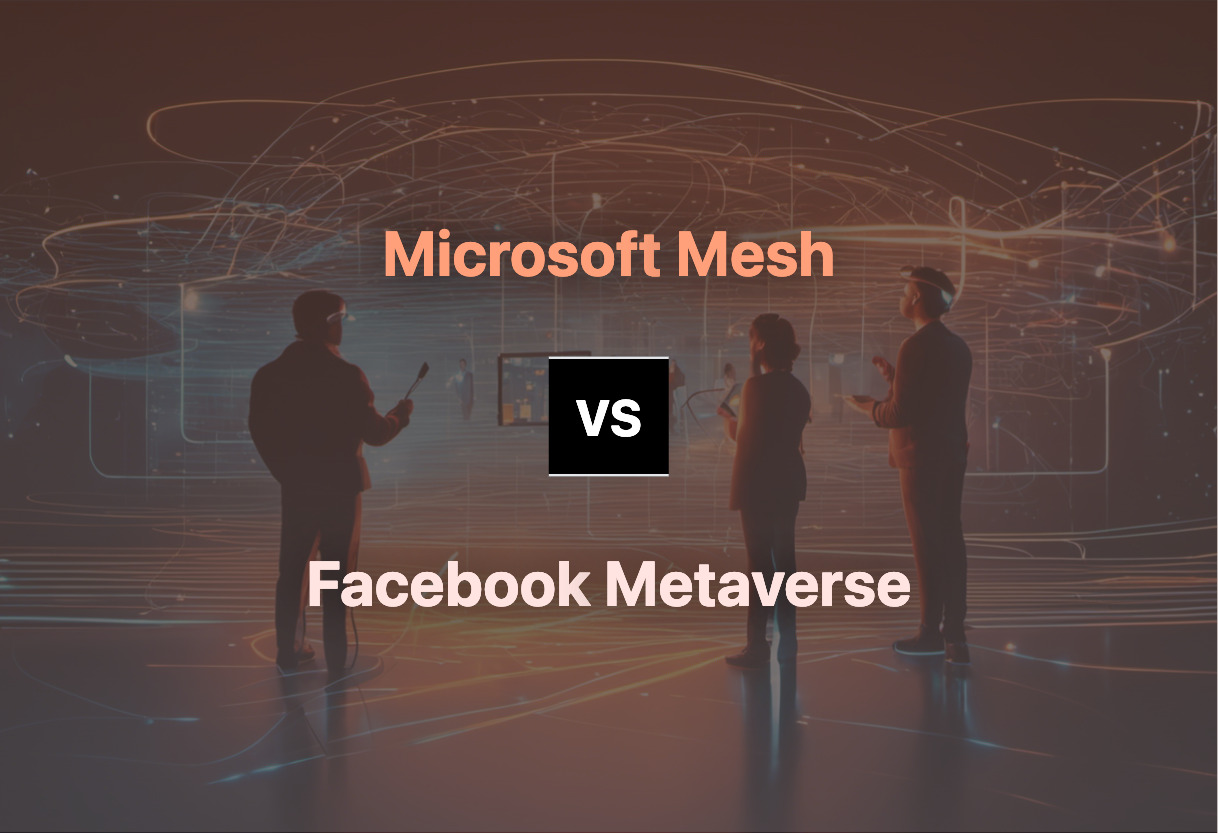
Key Differences Between Microsoft Mesh and Facebook Metaverse
- Microsoft Mesh targets business connectivity via 3D virtual meetings and events, while the Facebook Metaverse offers a more recreational and social VR space.
- Mesh leverages cloud computing with Azure, providing powerful AI tools for developers, whereas Facebook Metaverse is an amalgamation of platforms like Roblox, Minecraft, providing user-generated experiences.
- Mesh promotes immersive business interactions with a focus on holoportation for real-time collaborations. Facebook Metaverse envisions a broader utilization, including social connection, work, play, even e-commerce.
- While Mesh is refining integration across Microsoft-owned platforms such as Teams, Facebook Metaverse spreads across a panoply of apps and technologies, like Messenger, Instagram, and WhatsApp.
| Comparison | Microsoft Mesh | Facebook Metaverse |
|---|---|---|
| Immersive Experience | Yes, with three-dimensional spaces | Yes, through VR social universe |
| Workplace Collaboration | Enables distributed workforce to connect in 3D immersive space | Offers Horizon Workrooms which simulate in-person workplace experience |
| Device Accessibility | Available on HoloLens 2, VR headsets, PCs | Accessible through VR headsets, AR gear, Mobile apps, Gaming consoles, PCs |
| Integration with Existing Services | Integration with Microsoft Teams | A part of Meta that encompasses Messenger, Instagram, WhatsApp |
| Developer Tools | Provides tools for avatars, session management, spatial rendering, synchronizations, & holoportation | Future scope in software development includes fields like AR, AI, 3D game design, storytelling, cybersecurity, hardware engineering |
| Applications | Work collaborations, remote concert attendance, creative multiuser mixed reality experiences | Work, play, shopping, virtual concerts/sports access, immersive e-learning |
| Future Enhancements | Coming functionalities include Unreal, Babylon, React Native | Plans to invest $10B in metaverse infrastructure, aims to onboard one billion people by 2031 |
What Is Microsoft Mesh and Who’s It For?
Microsoft Mesh is an innovative, three-dimensional immersive platform designed to support distributed workforces in a shared 3D space. It’s ideal for businesses, developers, and individuals who want to leverage cutting-edge technology to foster meaningful work relationships and turn conventional meetings into 3D immersive experiences.
Infused with Microsoft’s Work Trend Index’s insightful data, Mesh is an evolution in digital engagement, from typical audio-video interactions to spatial interaction, available across devices like HoloLens 2, VR headsets, and PCs. Teams, businesses, and developers keen on taking remote collaboration to the next level would benefit significantly from Microsoft Mesh.
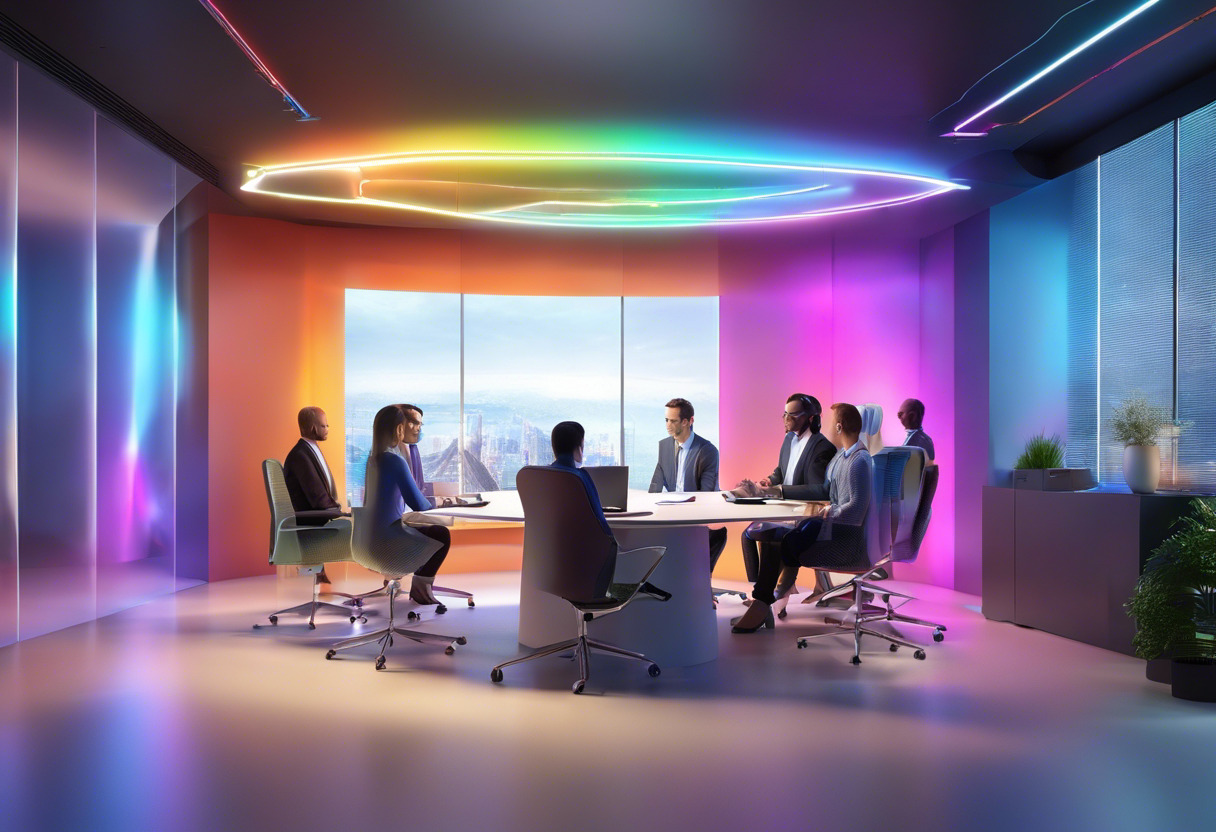
Pros of Microsoft Mesh
- Transforms 2D meetings into immersive 3D experiences
- A robust sense of togetherness in 3D environments reduces distractions and enhances focus
- Enables collaboration and conversation from office locations worldwide via real-time interaction 3D holograms
Cons of Microsoft Mesh
- Potential learning curve for non-tech savvy individuals
- High-quality 3D experience might necessitate robust hardware and internet connection
- Limited compatibility with non-Microsoft hardware and software
What Is Facebook Metaverse and Who’s It For?
Facebook Metaverse, a product by Meta, envisioned to be the next stepping stone in social evolution, offers a virtual reality space where social interactions seamlessly meld with technology. Whether you’re a social media enthusiast, remote worker, or VR developer, Facebook Metaverse promises an exciting new dimension in social connectivity.
With features such as Horizon Worlds, Horizon Workrooms, and Horizon Venues, the Metaverse gives life to diverse virtual experiences, whether it’s socializing, working, or attending virtual events. It extends its appeal to those interested in the growing prospects of virtual shopping or immersive e-learning.
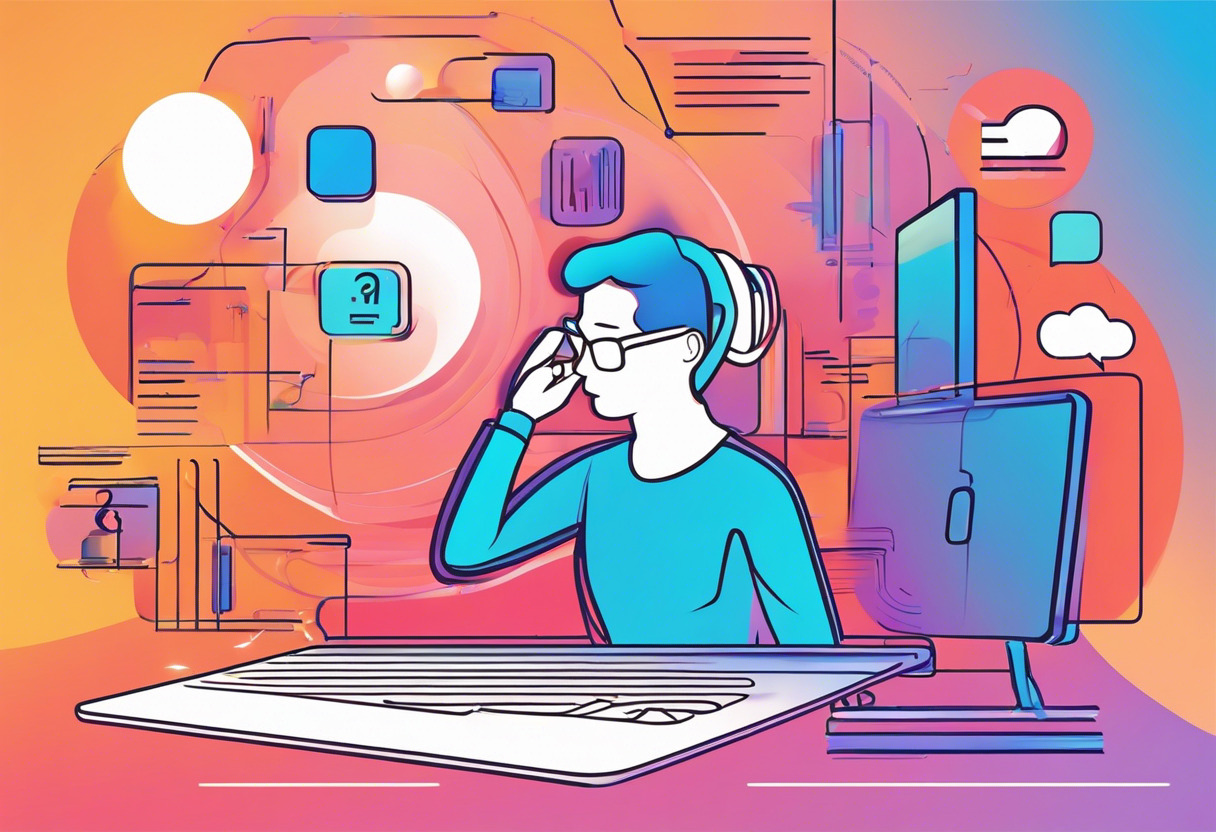
Pros of Facebook Metaverse
- It provides a platform for social connections, work, play, and even eCommerce.
- Variety of access options including VR headsets, AR gear, mobile apps, gaming consoles, and PCs.
- Untapped potential in various fields – software development, 3D game design, storytelling, cybersecurity, hardware engineering.
Cons of Facebook Metaverse
- Privacy concerns are a significant issue.
- Widespread general mistrust due to Facebook’s track record.
- Inability to solve the propagation of online harm creates an area of concern.
The Ultimate Verdict: Microsoft Mesh vs Facebook Metaverse
After delving into the intricacies of Microsoft Mesh and Facebook Metaverse, determining a definite winner is no easy task. Let’s dissect this based on specific user requirements:
Remote Teams & Collaborators
Microsoft Mesh is the clear choice for remote teams and collaborators. Its AI-driven tools coupled with a deeply immersive 3D experience makes it ideal for fostering genuine connections in shared spaces, as well as handling specific business requirements. Additionally, Mesh’s upcoming integration with Teams will permit future mixed reality group interactions, a promising prospect for distributed workforces.

Developers & Game Makers
The Facebook Metaverse offers a more diverse range of opportunities for developers and game makers, given the expansive framework of metaverse and its compatibility with multiple platforms such as Roblox, Minecraft, and Fortnite. Furthermore, the potential applications of the Metaverse extend to virtual shopping and immersive e-learning, furthering the creative capabilities of developers.

Social Interaction & Entertainment Enthusiasts
Consider Facebook Metaverse for its potential in revolutionizing social interactions and delivering immersive entertainment experiences. Whether it’s the VR-enabled event spaces or social universes with 10,000+ worlds, the metaverse is well-poised to redefine how we connect, work, play, and shop in the digital domain.
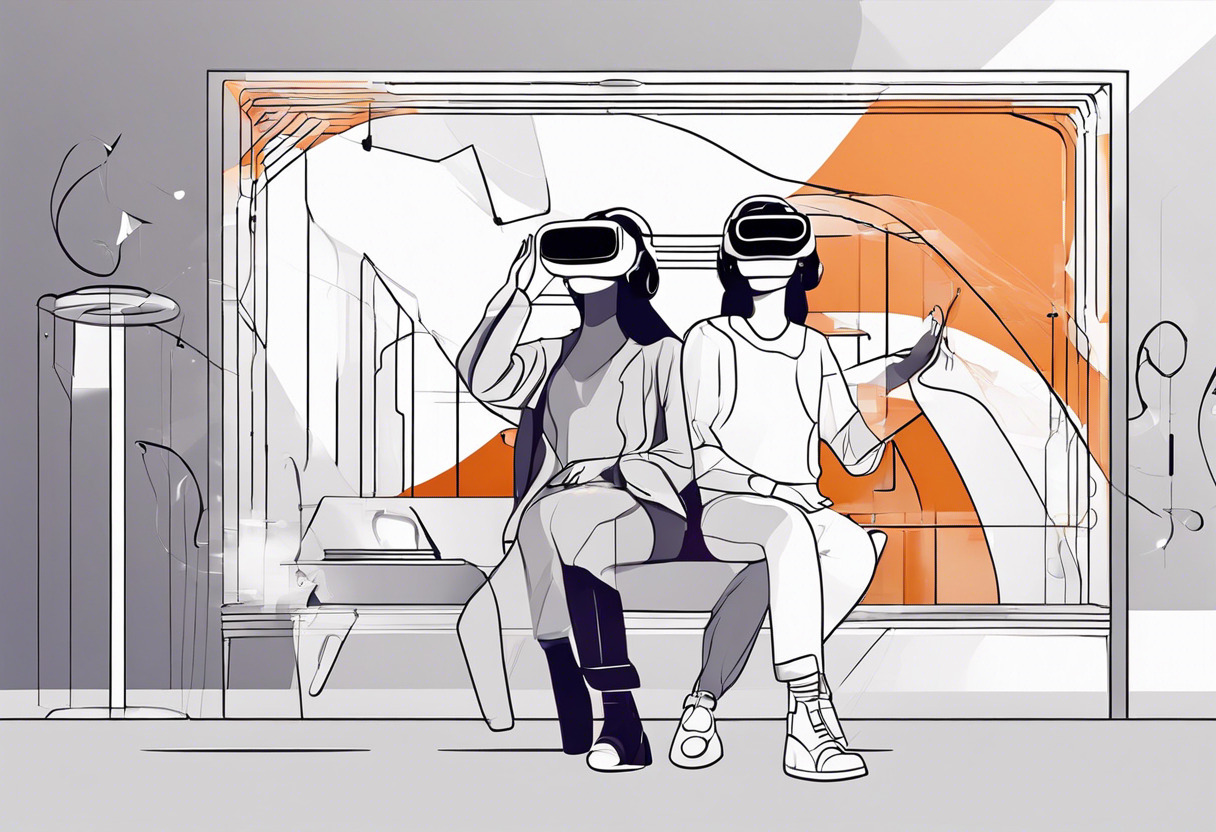
In the face-off between Microsoft Mesh and the Facebook Metaverse, Mesh emerges as the more business-oriented solution, while the Metaverse takes the lead in harnessing the power of creativity and social interactivity. Both hold promising potential, crafted and curated to cater to diverse user needs. The ultimate choice? That would hinge on the specific requirements and anticipations of its users.
Tiffany Brise
Content writer @ Aircada, patiently awaiting a consumer AR headset that doesn’t suck.



